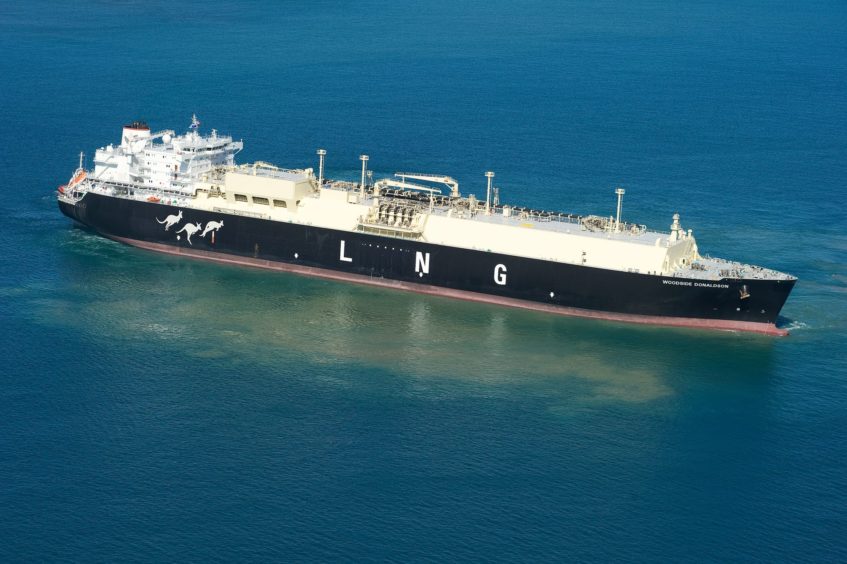
Liquefied natural gas (LNG) prices across the globe are being described as low currently, with some sections of the media reporting that spot prices in Asia have dropped to seasonal lows as we embark on what could be a mild winter.
Meanwhile, analysts say there is little room for an uptick given strong competition and a slowing global economy.
The advantages of LNG as a fuel are clear. It is considered not just a clean hydrocarbon fuel, but also an economic source of energy. Over the past year we’ve seen the development of new sources of LNG across the globe, creating a high amount of supply.
Allied to this, we are seeing a trend towards diversification of consuming countries, and many countries needing to import gas announcing and continuing the development of LNG import schemes. This includes Brazil, which this year started a number of import schemes under President Bolsonaro’s New Gas Market programme, with the aim of fostering competition in the market. But it is China that continues to stake a claim to be the biggest new market for LNG imports, even if it is reported that the level of demand growth in the country is lower than in recent years.
What do these low prices mean for LNG developers? As we move into 2020, they will naturally be looking to entice investment from banks and other investors. With prices looking set to continue at the same level, the market is likely to remain a buyers’ market. Developers looking to finance the construction of LNG import projects will have the advantage here and we expect the trend of the announcement and development of new import projects to continue.
We are also likely to see changes to contracts in Asia as talks begin to renew long-term contracts due to expire in the next few years. As recently reported by Reuters, the abundant supply of LNG has toughened buyers’ bargaining stance as they aim to secure all-time low prices. However, sellers are likely to instead prefer to provide concessions in contracts, such as walk-away clauses allowing the either party to terminate the contract if they are unable to agree to a price review at the end of a certain time period.
Stephen Jurgenson, Partner, Clyde & Co
